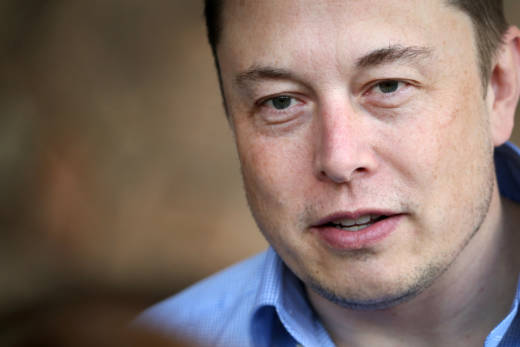Tesla CEO Elon Musk, speaking to U.S. governors this weekend, told the political leaders that artificial intelligence poses an "existential threat" to human civilization.
At the bipartisan National Governors Association in Rhode Island, Musk also spoke about energy sources, his own electric car company and space travel. But when Gov. Brian Sandoval of Nevada, grinning, asked if robots will take everyone's jobs in the future, Musk wasn't joking when he responded.
Yes, "robots will do everything better than us," Musk said. But he's worried about more than the job market.
"AI is a fundamental existential risk for human civilization, and I don't think people fully appreciate that," Musk said. He said he has access to cutting-edge AI technology, and that based on what he's seen, AI is "the scariest problem."
Musk told the governors that AI calls for precautionary, proactive government intervention: "I think by the time we are reactive in AI regulation, it's too late," he said.

9(MDAxOTAwOTE4MDEyMTkxMDAzNjczZDljZA004))